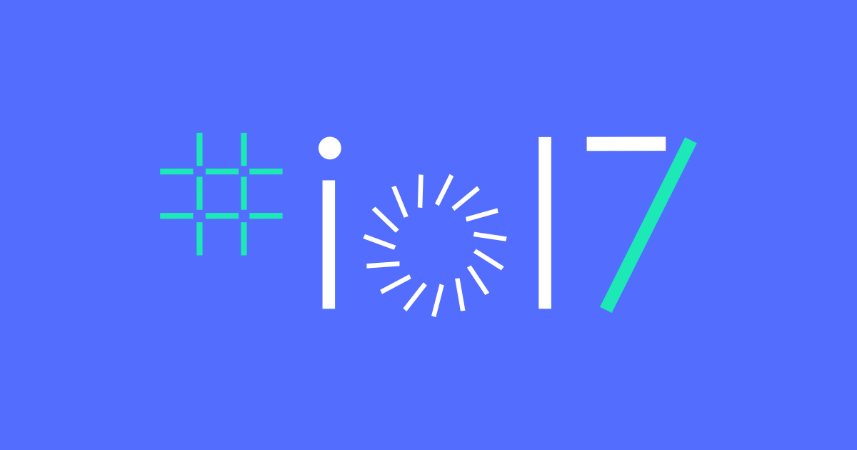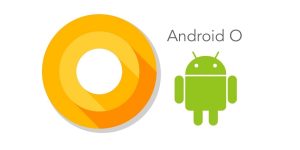
Reminder: RSVP now for Google I/O Extended 2017 Luxembourg!
Every May-June, the annual developer conferences of tech’s big 3 take place: last week was Microsoft Build, this week it’s Google I/O time, and next month Apple follows suite with WWDC.
This year’s Google I/O festival is being held at the Shoreline Amphitheatre in Mountain View for the second time in a row. Running from this Wednesday, May 17th to Friday, May 19th, the three days will be packed with news on Google’s (or Alphabet’s for that matter) product portfolio.
Let’s take a look at the things we’re most excited about:

Historically, Google has announced the new major version of its Android operating system at Google I/O. This year will see the release of Android O. As all Android versions are named after a dessert it could be ‘Oreo’, but we will only know for sure on Wednesday.
Android O looks like it will be a rather ‘under the hood’ release: there isn’t that much that will get users really excited, besides the usual refinements in certain areas like notifications. The biggest news however can be found ‘under the hood’: once again Google has made a serious effort to reduce the battery usage of mobile phones in daily use. There’s nothing more annoying than a phone that can’t last a day on a full battery. And although Google has improved this situation considerably over the last years, Android O will see another iteration of this point.
The second thing to look out for is ‘Project Treble’. One of the biggest issues in the Android ecosystem is its huge fragmentation: there are devices that run on (very) old Android versions and don’t receive updates anymore.
Especially in light of security concerns, this is a really bad situation and leaves a lot of consumers out in the cold. The main reason for this situation is simple: updating Android devices is an expensive exercise because of the way it’s structured. The biggest issue lies with the Linux kernel being used: silicon manufacturers need to modify a new release for their specific hardware and this requires serious time.
With Project Treble, Google tries to solve this by modularising the Android OS and separating the ‘OS framework’ from the low(est) level hardware layer which is called the ‘vendor implementation’. With this separation, it’s possible for device manufacturers to update the OS framework without the need to change the vendor implementation. Because of this simplification of the update process Google hopes to convince device manufacturers to continue updating devices with the latest versions of Android for a longer period of time.
We’ll need to wait and see how this will turn out in real life: Project Treble is only part of Android O and will not be available for older versions. And due to this existing fragmentation it will take Android O a long time to become the most used version of Android in the field.

As Xamarin specialists we’re interested in anything that has to do with cross mobile platform app development. One of the more interesting Open Source projects is Google’s Flutter project: based on the Dart language it provides a framework to develop mobile applications for both iOS and Android from a single code base.
One of the interesting things about Flutter is that it uses its own UI language: it doesn’t use native widgets but instead promotes the usage of fully custom-designed UIs. It’s a different approach to others but interesting nonetheless. This is the first time Google is putting Flutter in the spotlight, so let’s see what they bring to the table!

If you’re in Luxembourg, be sure to join us at our I/O Extended event at The Office on Wednesday, May 17th to watch the keynote with other developers, and get the chance to discuss what the announcements mean for mobile development.
Curious how Xablu can help your organization ?